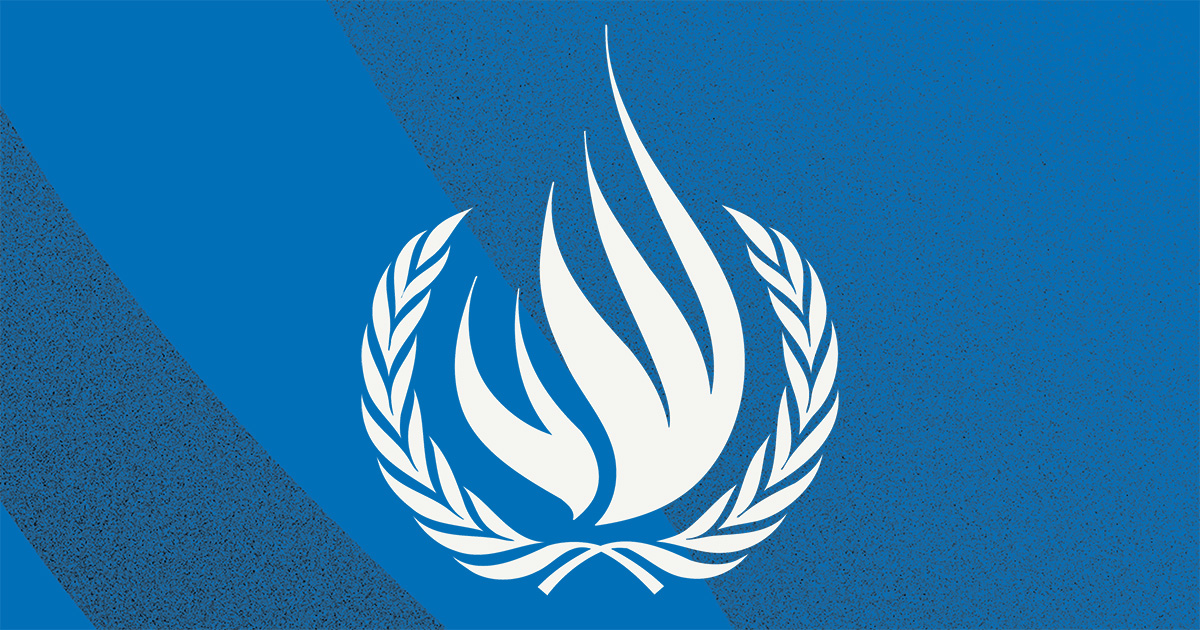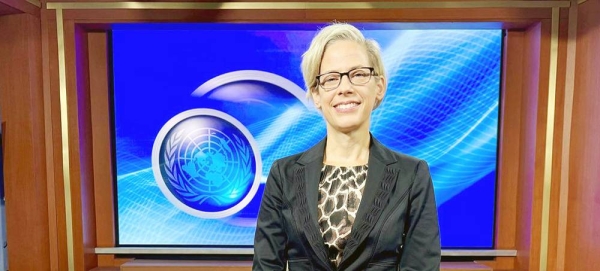
The US has imposed financial sanctions and visa restrictions on two Ugandan judges and two lawyers over their part in an international adoption scam involving more than 30 children.
Judges Moses Mukiibi and Wilson Musalu Musene, and lawyers Dorah Mirembe and Patrick Ecobu, facilitated a network organising adoptions of Ugandan children, according to the US State Department.
“Together, these individuals engaged in corruption to arrange the adoption of Ugandan children by unwitting parents in the United States,” the statement said.
The adoptions were processed through European Adoption Consultants (EAC), a now defunct Ohio-based adoption agency. Along with Mirembe, two American employees of the company, Margaret Cole and Debra Parris, were charged on Friday with arranging adoptions through bribery and fraud in Uganda and Poland.
According to the indictment, between 2013 and 2016 the EAC procured the adoption of more than 30 Ugandan children for US clients, in collaboration with Mirembe. The adoption agency received more than $900,000 (£680,000) from these clients, and Mirembe more than $430,000, as well as tens of thousands of dollars directly from EAC’s clients for representing them in Uganda.
In August 2019, another employee of EAC, Robin Longoria, pleaded guilty to bribing Ugandan officials and defrauding US adoptive parents and the US Department of State.
A US State Department statement said Mirembe had promised vulnerable Ugandan families their children would go to schools in Kampala, but instead they were taken to an unlicensed children’s home for adoption by American families. Mirembe and Ecobu then facilitated bribes to Ugandan judges and other government officials, including judges Mukiibi and Musene.
Solomon Muyita, a spokesperson for the Ugandan judiciary, told the Guardian that “this is a matter that the judiciary administration has been engaged with for quite some time, even before the said sanctions. The judiciary shall continue to engage with all the parties and institutions concerned until the matter is brought to a logical conclusion.”
Adoptions of Ugandan children to the US were at their highest in 2013, when 276 were recorded. But in 2016, “legal guardianships” – which were used to speed up the adoption process – were banned, and the Ugandan government began closing unlicensed orphanages.
Since then the number of adoptions from Uganda to the US has dramatically declined – there were just 30 last year – although Caroline Bankusha, a Ugandan child protection expert and former probation officer, told the Guardian that laws continue to be circumvented.
Bankusha said the “long overdue” sanctions were good news for the entire system and for Ugandan children. She called for the practicing licences of those who were charged to be revoked. “This is just one isolated case, but how many children have been permanently separated from biological parents due to ignorance and individualistic interests?”
The judgment follows a Guardian investigation in May, which focused on the case of Mugalu*, a boy adopted by a US family in 2013. The boy’s birth parents had understood he was going to America for school and would return for regular visits, but have had no contact with him since.
Mugalu was adopted using the “legal guardianship” loophole, and his court documents include a claim his biological mother is dead. She is now battling to get her child back.
Justice Moses Mukiibi and Dorah Mirembe were involved in Mugalu’s adoption.
Although legal guardianships can no longer be used for adoptions, in 2017 Mukiibi coined the term “constructive fostering”, which waives the requirement for prospective parents to foster a child in-country before adopting them – instead appointing a third party to look after a child on their behalf.
In May, the acting permanent secretary at the ministry of gender, labour and social development, James Ebitu, said the country’s adoption law “does not provide for constructive fostering” and that the government and the judiciary are “working together to address some of these issues”.












